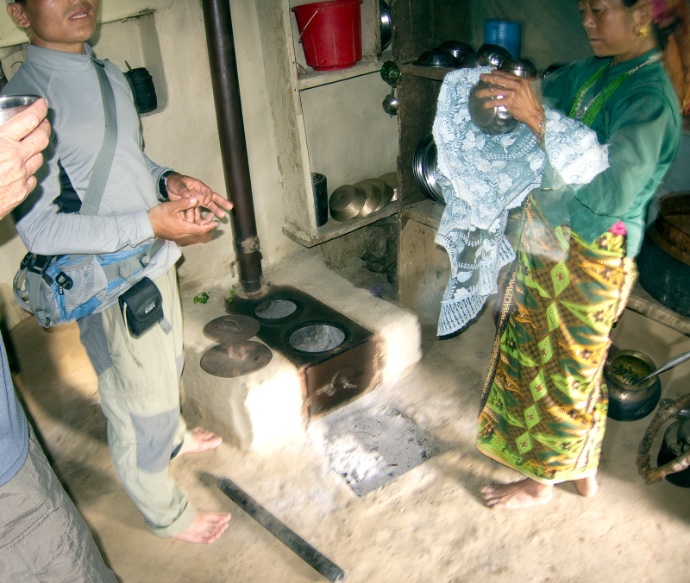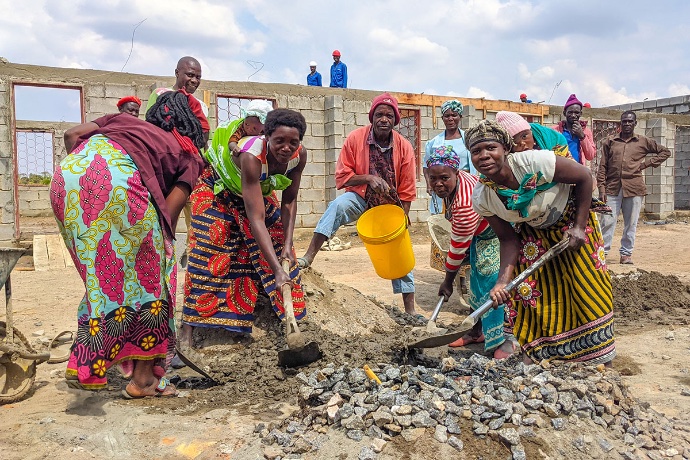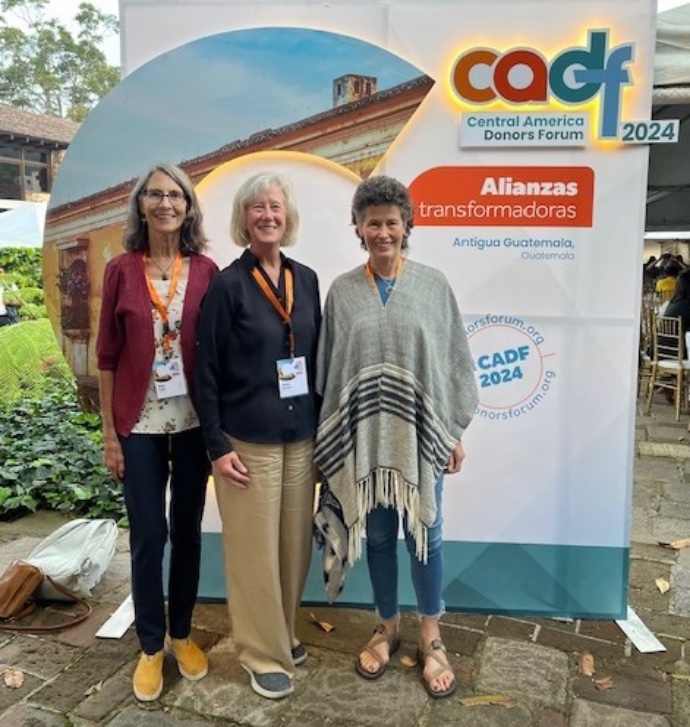Blog
Posted on February 14, 2025
By Katherine Redington, Vice President of Social Impact Journeys, Elevate Destinations

Donor trips, journeys that take funders to see the work they are investing in abroad, have long been used as a catalyst for transformational giving, donor retention, and cultivating more meaningful relationships. However, not all donor trips achieve these outcomes. That is because the outcomes from trips directly result from how a journey’s priorities are implemented before, during, and after the trip. After designing 300 donor trips with over 80 different organizations, I have seen a lot of mistakes that can derail these desired outcomes. Below are five of the most common mistakes nonprofits make when designing their donor trips.
Continue Reading
Posted on February 11, 2025
By Randi Hedin, Board Member, buildOn

Men and women mixing concrete to build a school; Malawi. Photo: buildOn
On the surface, the fight for gender equity seems to be making tremendous strides. Women are graduating from college in record numbers—as many as 46 percent of women aged 25-34 in the U.S. currently hold bachelor’s degrees (up from only 8 percent in 1970.) Across the world, 41 percent of women hold post-secondary degrees. Here in Seattle, at the University of Washington, 56.7% of all undergraduate and graduate degrees were awarded to women. Women wield considerable economic clout, too. Within the next five years, women are expected to control as much as 75 percent of all discretionary spending worldwide.
Continue Reading
Posted on February 10, 2025

Summary prepared by Janet Pearson on behalf of the site visit team that also included Betsy Hale and Diane Logan.
Pangea site visits are unique opportunities to further a core element of our mission, which is to engage in trust-based partnerships with grassroots organizations. Our recent visit to Guatemala provided the opportunity for careful listening and deep conversations.
Continue Reading


